How much does it cost to have a freeze plug replaced?
Replacing a freeze plug may not be at the top of your vehicle maintenance checklist, but it is an essential aspect of ensuring a well-functioning cooling system. Freeze plugs, also known as expansion plugs or core plugs, play a crucial role in preventing your engine block from cracking due to freezing temperatures. However, when one fails, prompt replacement is necessary to avoid costly engine repairs down the line. In this blog, we aim to shed light on the various factors influencing the cost of freeze plug replacement and help you make an informed decision.
1. Understanding the Freeze Plug:
Before diving into the cost aspect, it's important to know what a freeze plug is and how it functions. Freeze plugs are round metal plugs typically made of brass or steel that are installed in engine blocks to seal openings left during the manufacturing process. Their purpose is to expand and push out in the event of freezing coolant, thereby preventing catastrophic damage to the engine block.
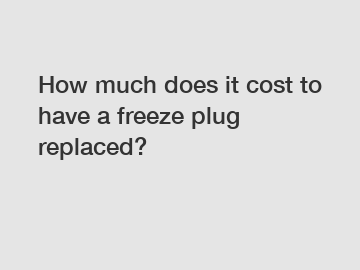
2. Factors that Influence Cost:
The cost of freeze plug replacement can vary depending on several factors, including:
a) Location of the freeze plug: The exact location of the failed freeze plug plays a significant role in determining the cost. Some plugs are relatively easy to access, while others require extensive disassembly, resulting in higher labor costs.
b) Vehicle make and model: The make and model of your vehicle also contribute to the overall cost. Some vehicles have freeze plugs that are more accessible, while others require specialized tools or techniques for replacement.
c) Material of the freeze plug: The material used for the replacement freeze plug can affect the cost. Brass plugs tend to be less expensive, while steel plugs can be pricier due to their durability and longevity.
d) Labor costs: Labor charges vary between mechanics and automotive repair shops. Factors such as location, skill level, and expertise of the mechanic can influence the final cost.
3. DIY vs. Professional Assistance:
Additional resources:The Advantages of Overhead Conveyor Bearings in Industrial Automation
Choosing the Right Activated Carbon Filter for Your Needs
Drum Gear Coupling: The Backbone of Efficient Power Transmission
Mud Desander: Enhancing Drilling Fluid Management in Oil and Gas Operations
Centrifugal Pumps: Harnessing the Power of Fluid Dynamics
What is a waste heat recovery boiler and how does it work?
Steel Braided Hydraulic Hose: The Strong and Reliable Solution
While replacing a freeze plug may seem straightforward, it often requires advanced mechanical skills and tools. Unless you have the necessary expertise, it's recommended to seek professional assistance. An experienced mechanic will ensure a precise replacement, minimizing the risk of additional damage. While DIY may save on labor costs, a faulty repair could result in future engine problems.
4. Average Costs:
On average, freeze plug replacement costs range from $100 to $500. However, it's essential to remember that these figures are estimates, and individual circumstances may vary. For instance, if multiple freeze plugs need replacement or if additional repairs are required due to engine damage, the cost can increase significantly.
5. Saving Money:
Though freeze plug replacement costs can seem daunting, there are a few ways to save money in the process:
a) Obtaining multiple quotes: Reach out to multiple reputable mechanics or repair shops to compare prices. However, ensure that cost isn't the only factor considered when selecting your mechanic; expertise and quality are equally crucial.
b) Regular maintenance: By prioritizing regular coolant flushes and inspections, you can help prevent freeze plug failures, potentially saving on replacement costs.
c) Warranty coverage: If your vehicle is still under warranty, check if the freeze plug replacement is covered. This can help reduce or eliminate out-of-pocket expenses.
Conclusion:
Ultimately, the cost of freeze plug replacement depends on various factors, including location, vehicle make and model, material, and labor charges. While it may not be a repair you anticipated, it's vital to address a malfunctioning freeze plug promptly to avoid significant engine damage. Remember to consult a trusted professional for an accurate assessment and cost estimate. By making an informed decision and considering these factors, you can ensure a reliable and cost-effective freeze plug replacement that keeps your engine running smoothly for years to come.
Contact us to discuss your requirements of Fkm Rubber Oil Seal, kia oil seal, national seal company. Our experienced sales team can help you identify the options that best suit your needs.
Additional resources:Can a 40ft expandable container house be customized?
Choosing the Right Diesel Engine for Your Vehicle or Equipment
Equal Tee: A Comprehensive Guide to Fittings in Plumbing Systems
Anti Corrosive Primer: Protecting Metal Surfaces From Corrosion
How do hammer union seals work?
What are the differences between expanding gate valves and other types of valves?
What are the common applications of mini ball valves?
205
0
0
Related Articles
-
338
0
0
-
326
0
0
-
271
0
0
-
342
0
0
-
453
0
0
-
315
0
0
-
312
0
0
-
363
0
0


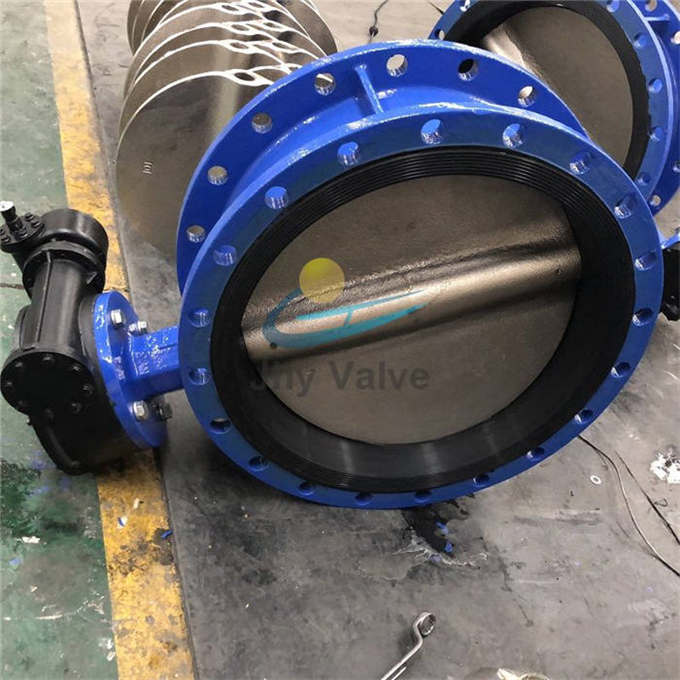
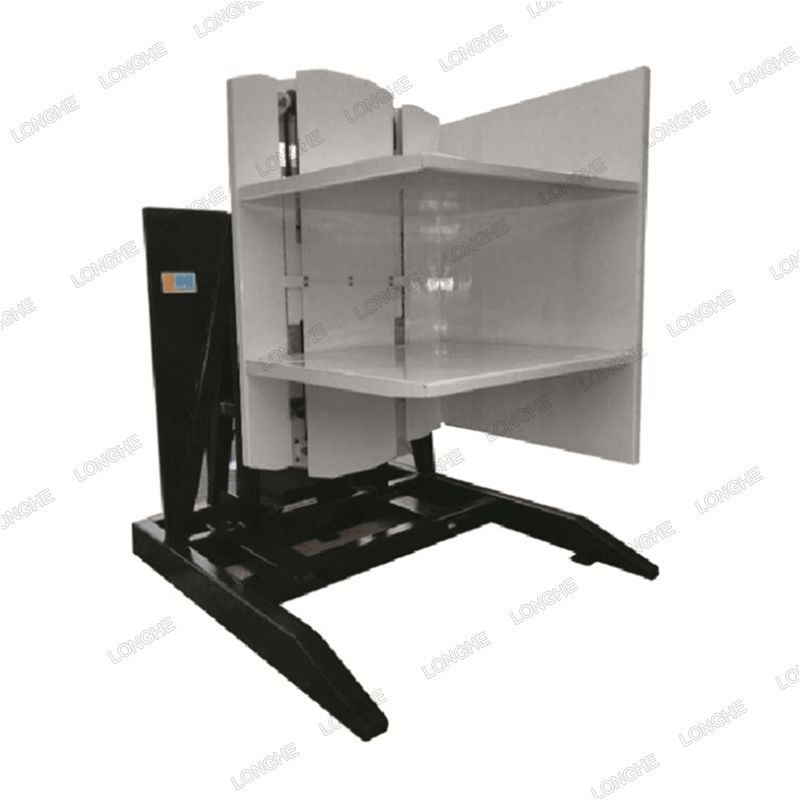
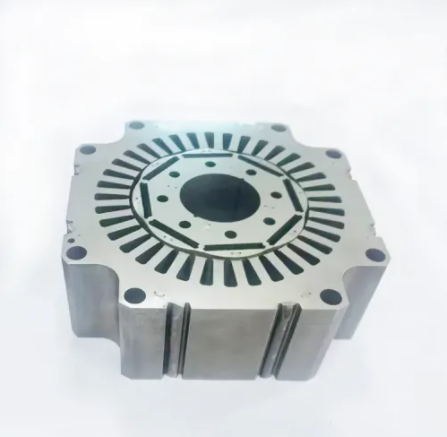
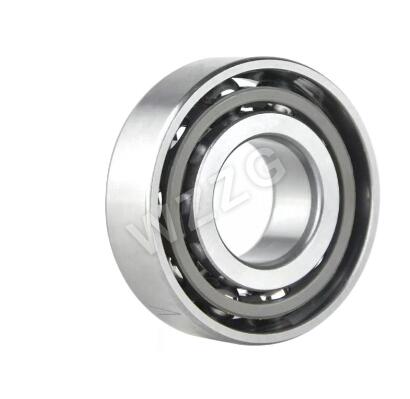
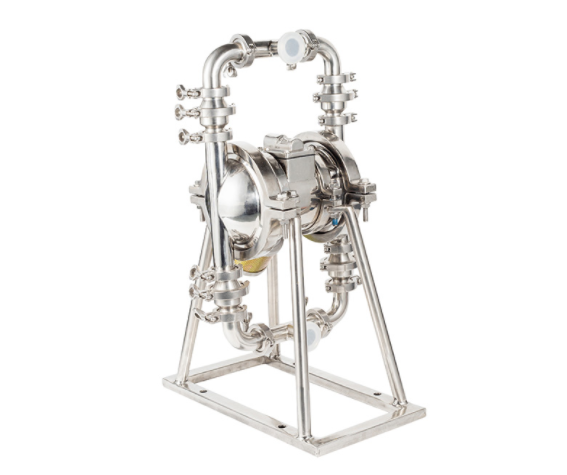
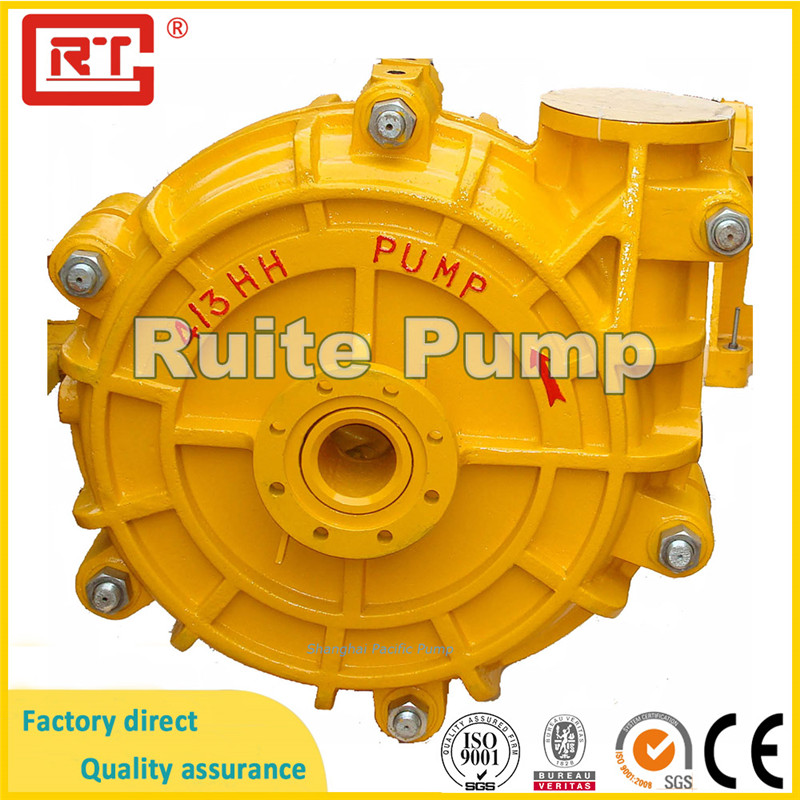
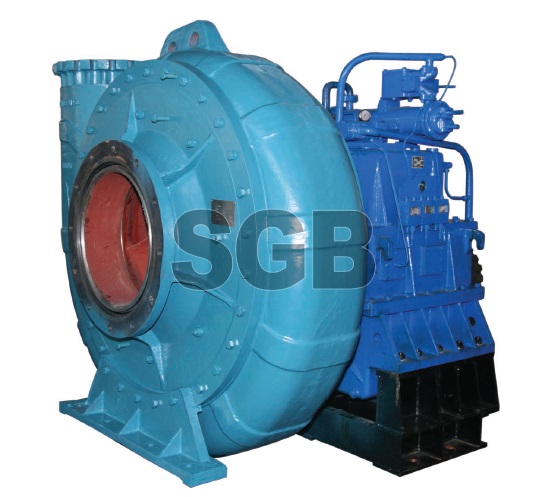
Comments
All Comments (0)